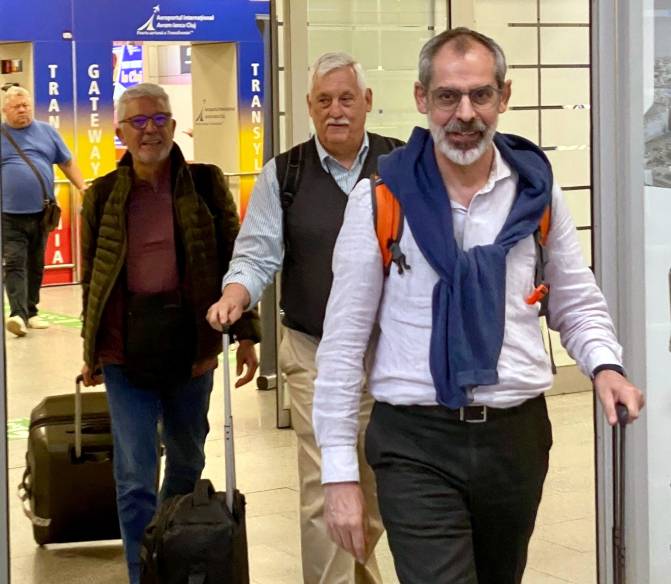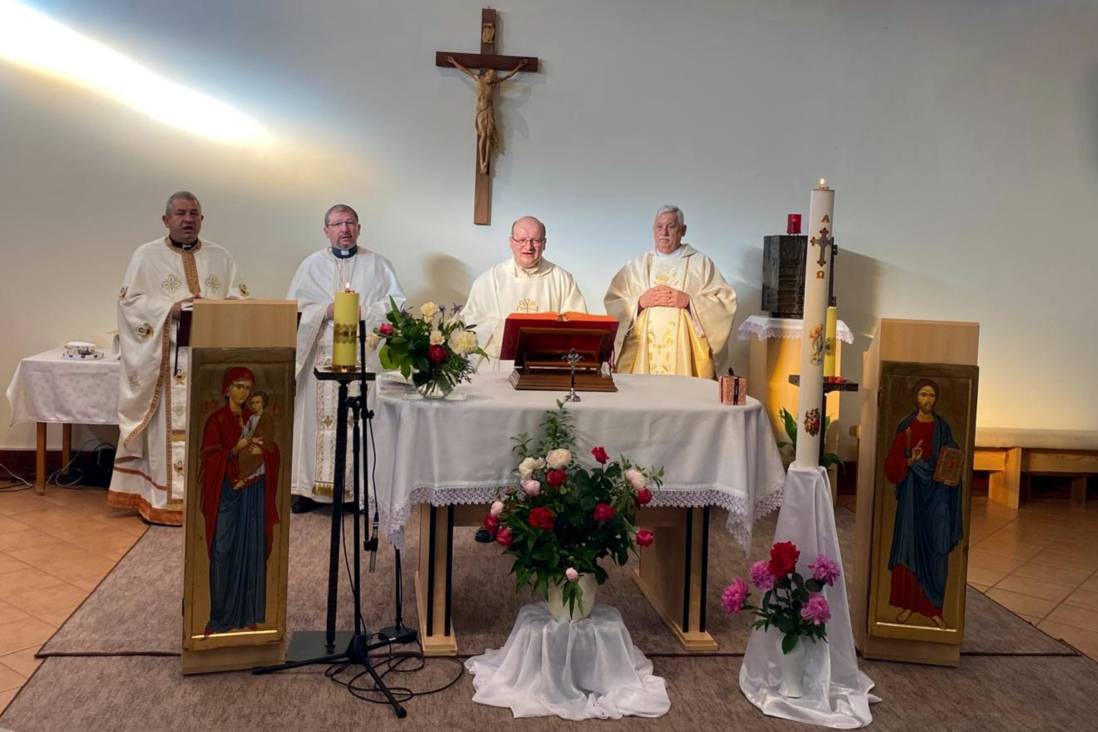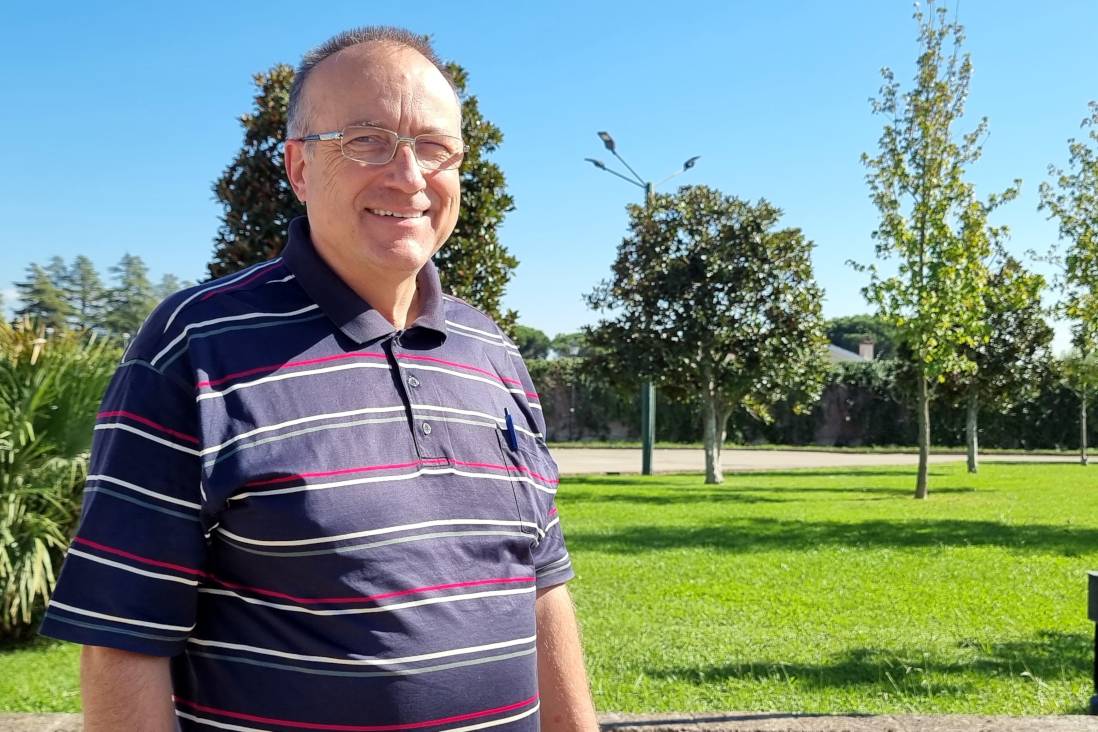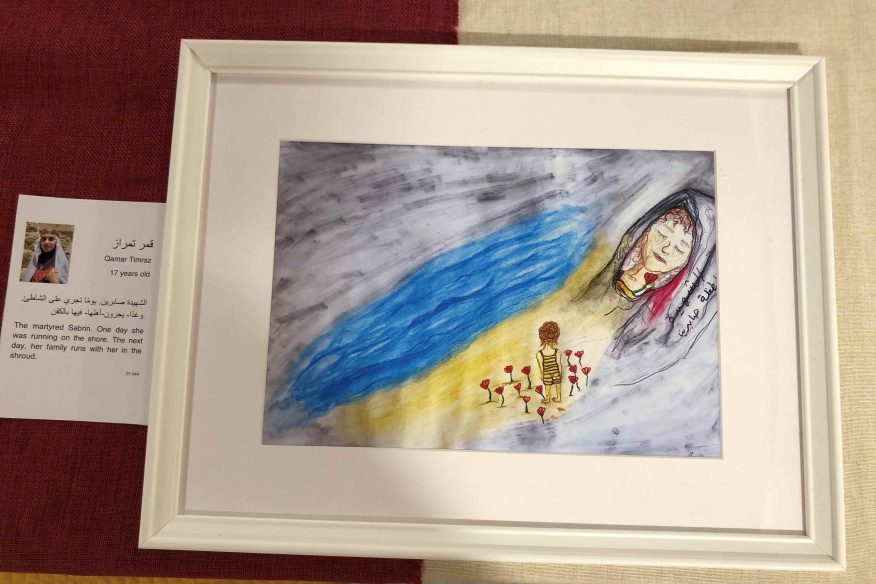Father General in Romania: expectations and stages of his visit
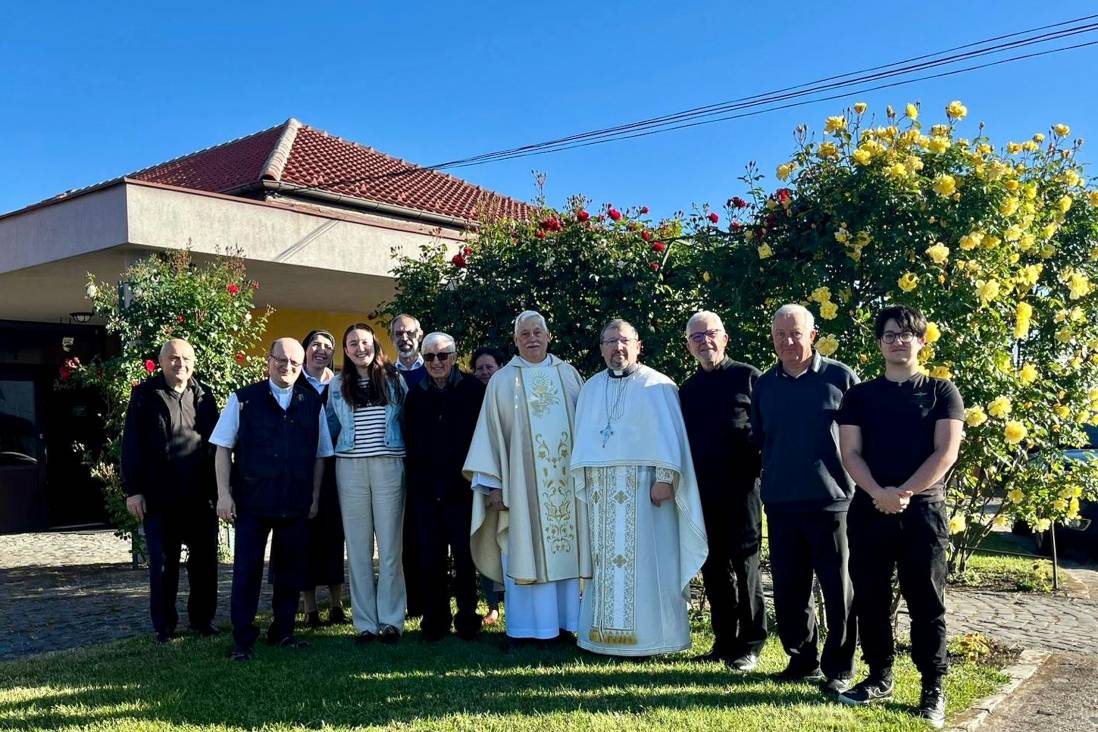
To experience being an active part of the Society in the world. To foster the desire for closer collaboration with the laity: on a cultural, social and spiritual level. To help them experience the importance of their mission in the Church and the special attention given by the Society. To promote close relations with the academic and ecclesial world, also through concrete proposals.
These are some of the expectations of the Jesuits of the Community of Cluj, Romania. “We want to emphasise the apostolic value of community life,” Fr Henryk Urban, the Superior, explains “and the importance of living one’s mission with passion. It will also be an important occasion to focus on some indications of how to face apostolically the current change of times”.
From Bucharest, where the other community is located, the importance of being present in social and educational assistance given to the victims of the armed conflict resonates. “It can be helpful to view the situation from this perspective, at a time when strategic decisions are being taken at the level of the government of the Society in this part of the world”.
The stages of the journey
Fr. Sosa, arrived yesterday in Romania, will be in Cluj-Napoca today to meet with the Rector of Babes-Bolyai University, the Dean of the Faculty of Greek-Catholic Theology, the Rector of the Seminary of Cluj and some professors,” Fr. Marius Talos, who is in charge of the community, explains. The university – now considered the best in the country – was originally founded by the Jesuit order in 1581 and last year awarded Fr. Sosa an honorary doctorate. In the evening, Fr. Sosa will meet members of Ignatian spirituality groups at the Manresa Centre, as well as friends and collaborators of the Jesuits. On Wednesday morning he will travel to Oradea, where he will meet the Roman Catholic and Greek Catholic Bishops of the Church in Romania, who are currently meeting in the plenary assembly of the Bishops’ Conference. In the afternoon, he will travel to Bucharest, where he will visit JRS Romania, the Jesuit service for refugees, and meet with the Jesuit community. The next day he will continue his visit of the Euro-Mediterranean Province and travel to Tirana to meet with the Jesuits of Albania. The Jesuits first came to Romania in 1579. Today they have two communities, in Cluj-Napoca and Bucharest, and their members are both Romanian and other nationalities.
The Jesuits in Romania: history and works
The first Jesuits arrived in Cluj in 1579, and their presence in the country has been uninterrupted since 1990, when Father General Kolvenbach consolidated the present Province of the Society of Jesus in Romania around a group of Jesuits who had survived the communist regime and invited some missionaries from various countries, such as Italy, Malta, Poland, Belgium, France and Spain. Today there are a total of 15 Romanian Jesuits. 10 are in the two communities in the country, with others working or in various stages of formation in Malta, Spain, France and Colombia. It is a relatively young and promising group.
– In Cluj, in the centre of the city and close to the main university centre, is the Manresa Spirituality Centre, open all year round for spiritual exercises, retreats and various events for lay and religious groups of different ages, ethnicities and denominations.
– There is a JRS (Jesuit Refugee Service) office in Bucharest, which has been increasingly active in the support of migrants on arrival.
– There are also five brethren from the Hungarian Province, present in Satu-Mare at the Catholic High School, in the German-speaking Calvaria Parish and in Tirgu Mures with the University Chaplaincy and St Anthony’s Church.
– In Sighet, the Italian Fathers Massimo Nevola and Vitangelo Denora have been animating the Quadrifoglio Project of the Lega Missionaria Studenti (Student Missionary League) for almost twenty years,
– in Satu Mare, there is the association Freres Romania for Roma children, led by Fr. Vasile Tofana in Cluj. In Hosman/Sibiu, the Austrian Fr. Georg Sporschill has created a reality similar to the old Jesuit reductions for the benefit of a few hundred Roma families, providing education and social integration for their children.
